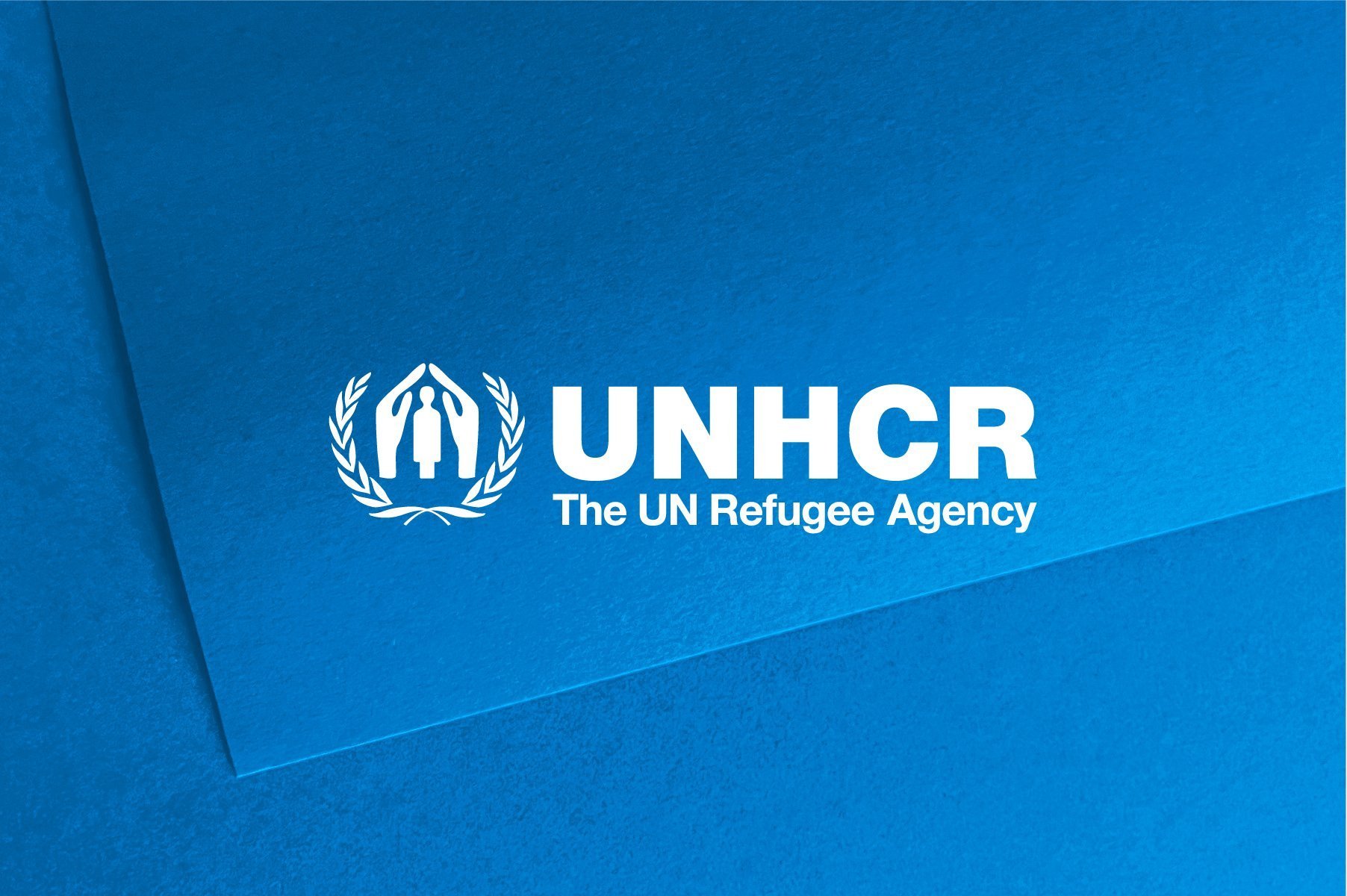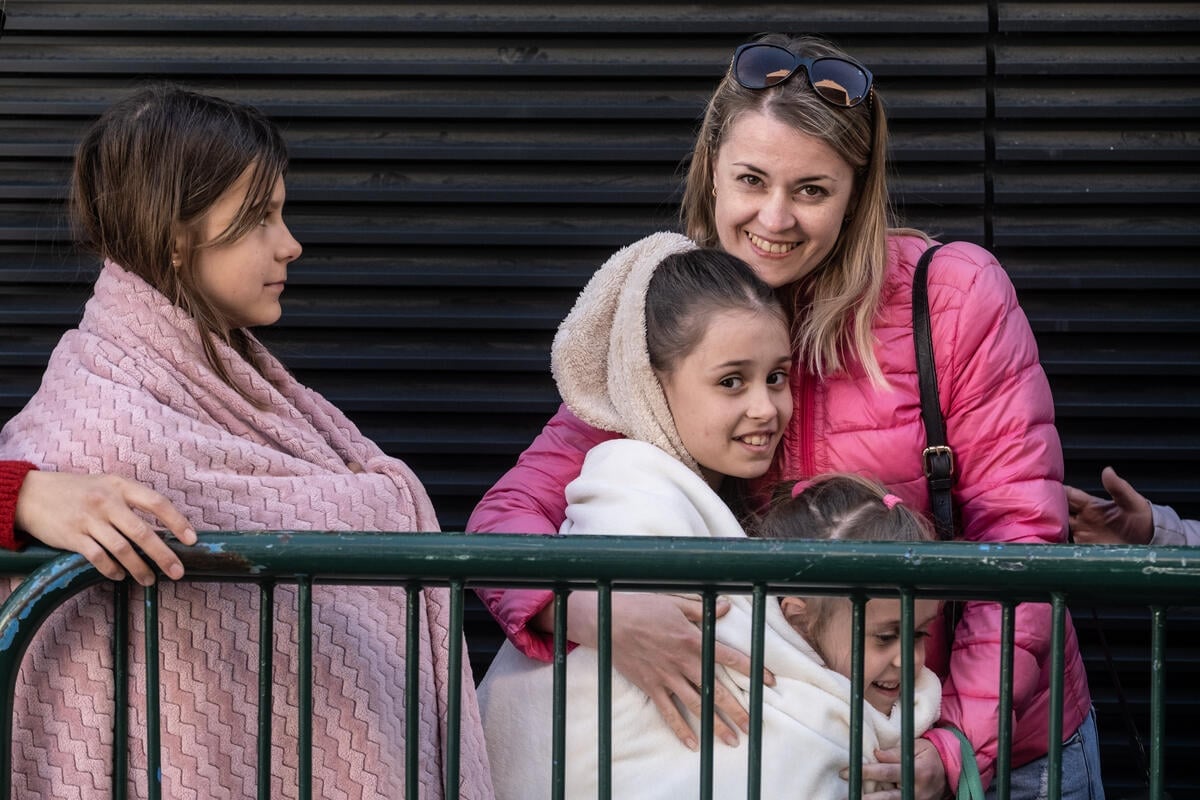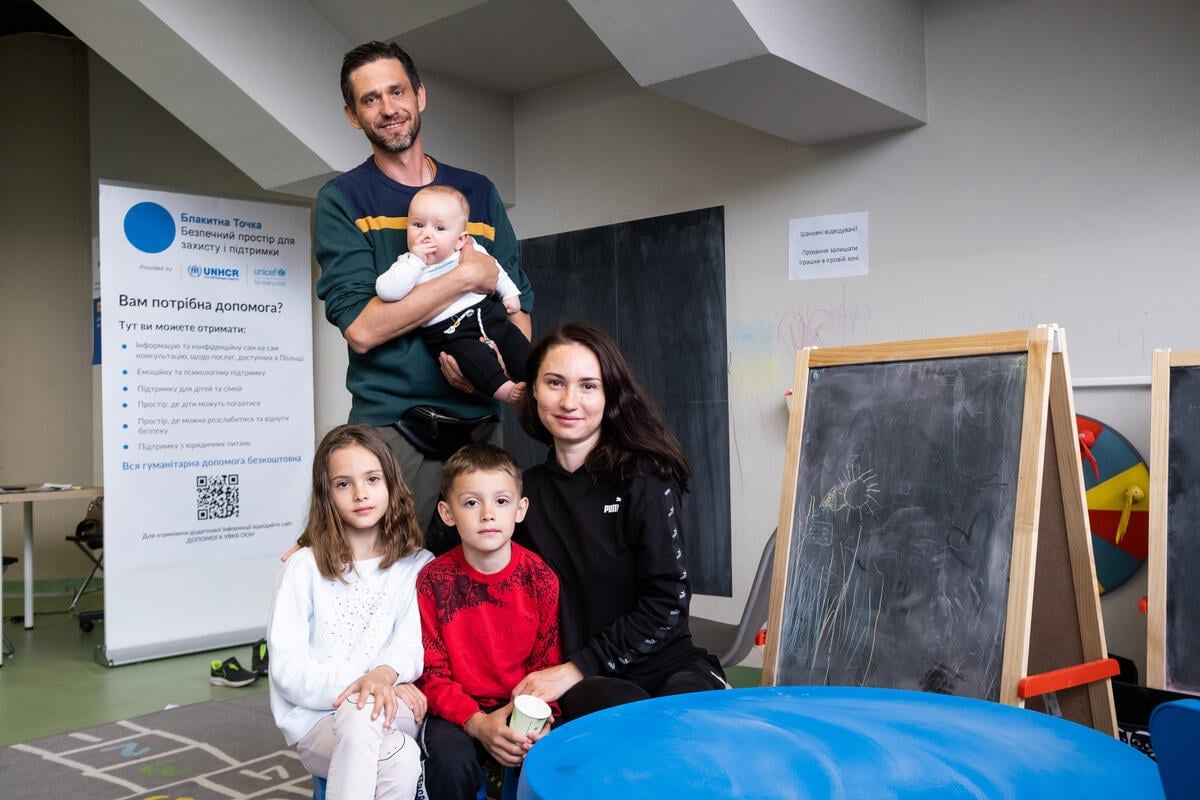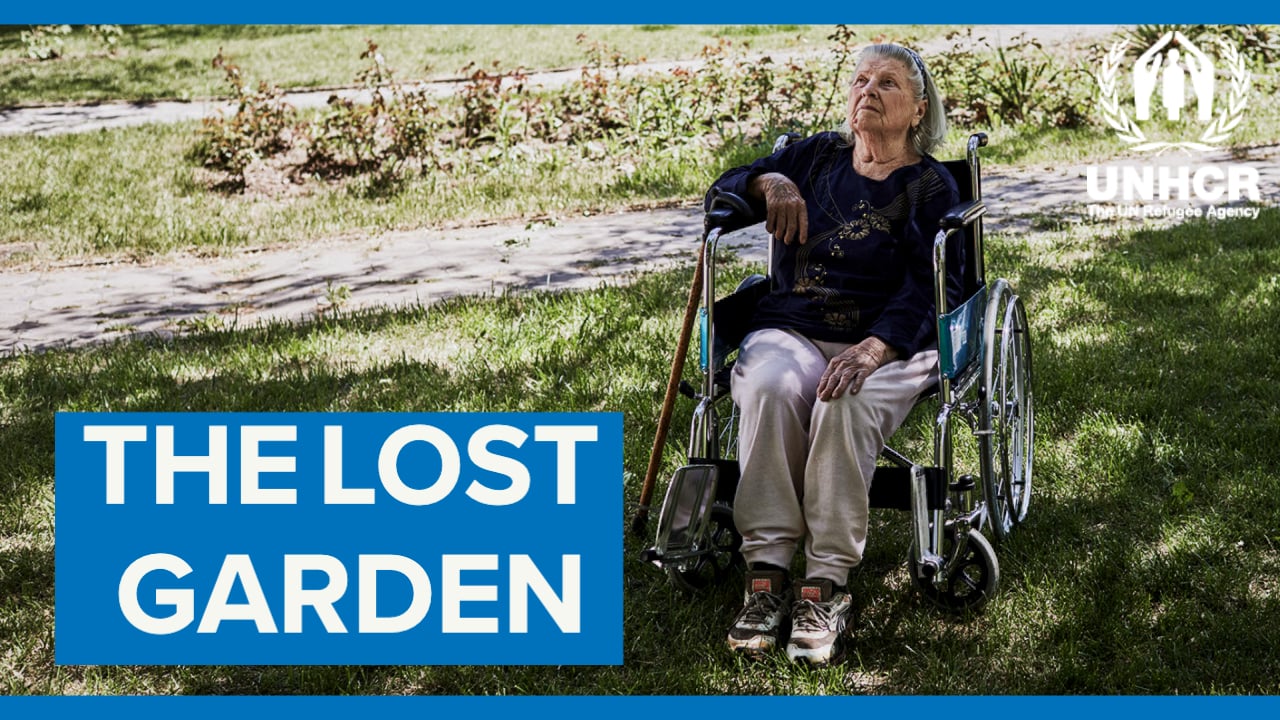UNHCR urges Italy to improve facilities on Lampedusa as boat tragedy death toll rises
UNHCR urges Italy to improve facilities on Lampedusa as boat tragedy death toll rises

LAMPEDUSA ISLAND, Italy, October 9 (UNHCR) - The UN refugee agency has called on Italy to urgently renovate a crowded reception centre for boat people on Lampedusa Island as the emergency services continue to search for bodies on a flimsy vessel that foundered just off the coast last week. A total 156 people survived the sinking and 297 bodies have been recovered, including many children, with more likely.
UNHCR's Rome-based representative, Laurens Jolles, urged swift action from Italy to improve reception conditions for those arriving by sea. "Even though a greater involvement of the European Union (EU) in the management of mixed migratory flows is necessary, it is important that the Italian authorities immediately implement some urgent measures," Jolles said.
"First of all, renovation of the reception centre in Lampedusa is needed," he said, adding that its capacity should be restored to 850 from the current 250. The capacity was reduced after a fire in September 2011.
"The serious degradation of the reception centre, with entire families forced to sleep in the open when it rains, is absolutely unacceptable," stressed Jolles, who described conditions and services there as below EU standards.
He also urged the government to ensure speedier transfer of migrants and asylum-seekers to better-equipped facilities on mainland Italy. Jolles said the network of reception centres across Italy should be expanded and improved.
Meanwhile, some of the 156 survivors of last Thursday's tragedy discussed the ordeal today on Lampedusa with Italy's Prime Minister Enrico Letta, European Commission President Jose Manuel Barroso and European Commissioner for Home Affairs Cecilia Malmstroem. Also present were people who had landed on the island before the tragedy - they complained about conditions in the reception centre.
Among the survivors of one of Italy's worst migrant boat disasters was 25-year-old Binyam,* an articulate 25-year-old from the Eritrean capital, Asmara. He told UNHCR that at age 17 he had to join the army in a country where military service is compulsory and unpaid.
One of his brothers had been doing military service since 1966, unable to leave. But Binyam wanted a different life for himself and wished to pursue his love of art and painting. So he decided to leave Eritrea. He had been in the military for seven years when he fled, like many other young men in Eritrea, and made his way north in the hope of a better life.
He made his way into Sudan, mostly on foot and with only some powdered milk and water to sustain him. In Sudan, he was transferred to Shagarab refugee camp where he spent five days before paying a smuggler to take him to Khartoum. He hoped to join his brother in the United Kingdom or his sister in Germany and applied unsuccessfully to go to Europe legally. In the end he raised US$1,600 to pay for his passage to Libya and the Mediterranean.
After 40 days, he was taken by smugglers from a rural hideout to the coast for the fateful boat trip that nearly ended his life. He was aware of the danger of crossing the Mediterranean on rickety boats and his brother had warned him against using that route. That is why he did not want to call his family after he landed in Lampedusa.
Today, he said, he feels guilty and desperate for having survived when his friend Michael, whose picture he keeps, drowned. They had become friends during the trip to North Africa. Binyam keeps his mind occupied as one of three representatives for the surviving group.
Binyam looks extremely thin and worried. He had an empty look during the first two days in the centre, and is only slightly better now. He survived, but it does not make him feel any better when he thinks of those who didn't.
* Name changed for protection reasons.
By Barbara Molinario on Lampedusa Island, Italy









